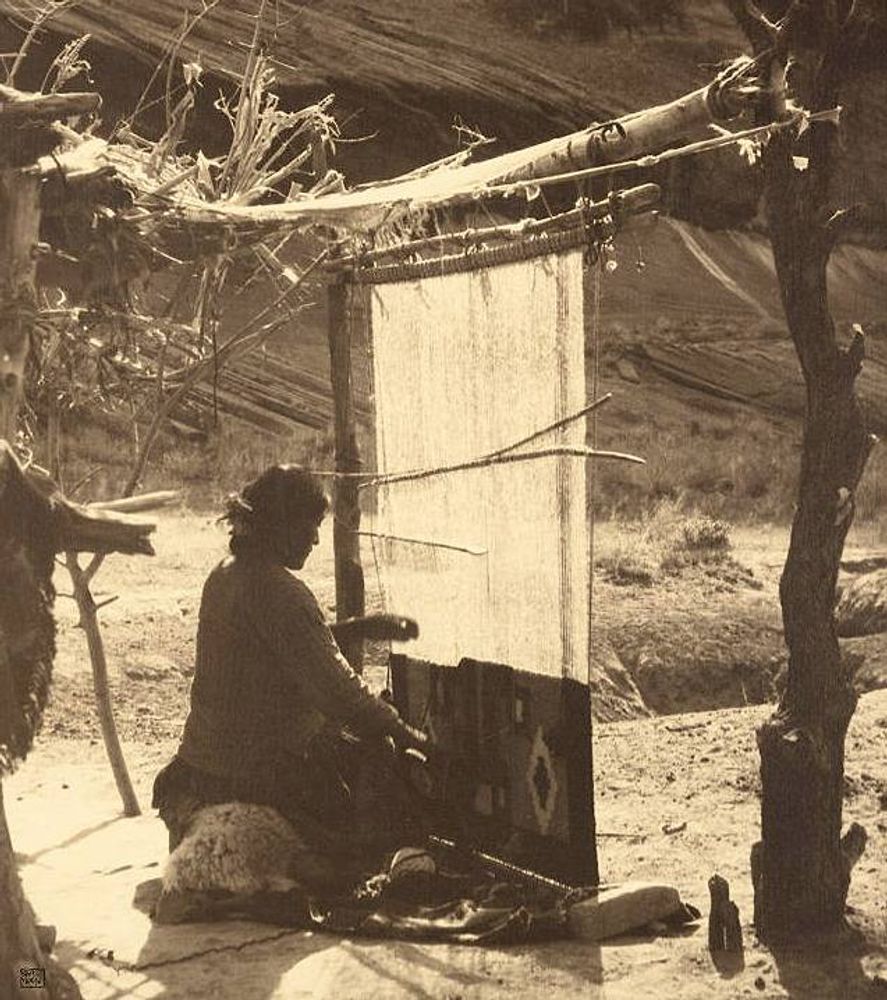
In the East,
when we speak of saints
or sages, it is not because of their
miracles, it is because of their presence
and their countenance which radiate vibrations
of love. How does this love express itself? In tolerance,
in forgiveness, in respect, in overlooking the faults of others.
Their sympathy covers the defects of others as if they were
their own; they forget their own interest in the interest
of others. They do not mind what conditions they are
in; be they high or humble, their foreheads are
smiling. To their eyes everyone is the
expression of the Beloved, whose
name they repeat. They see the
divine in all forms and
in all beings.


